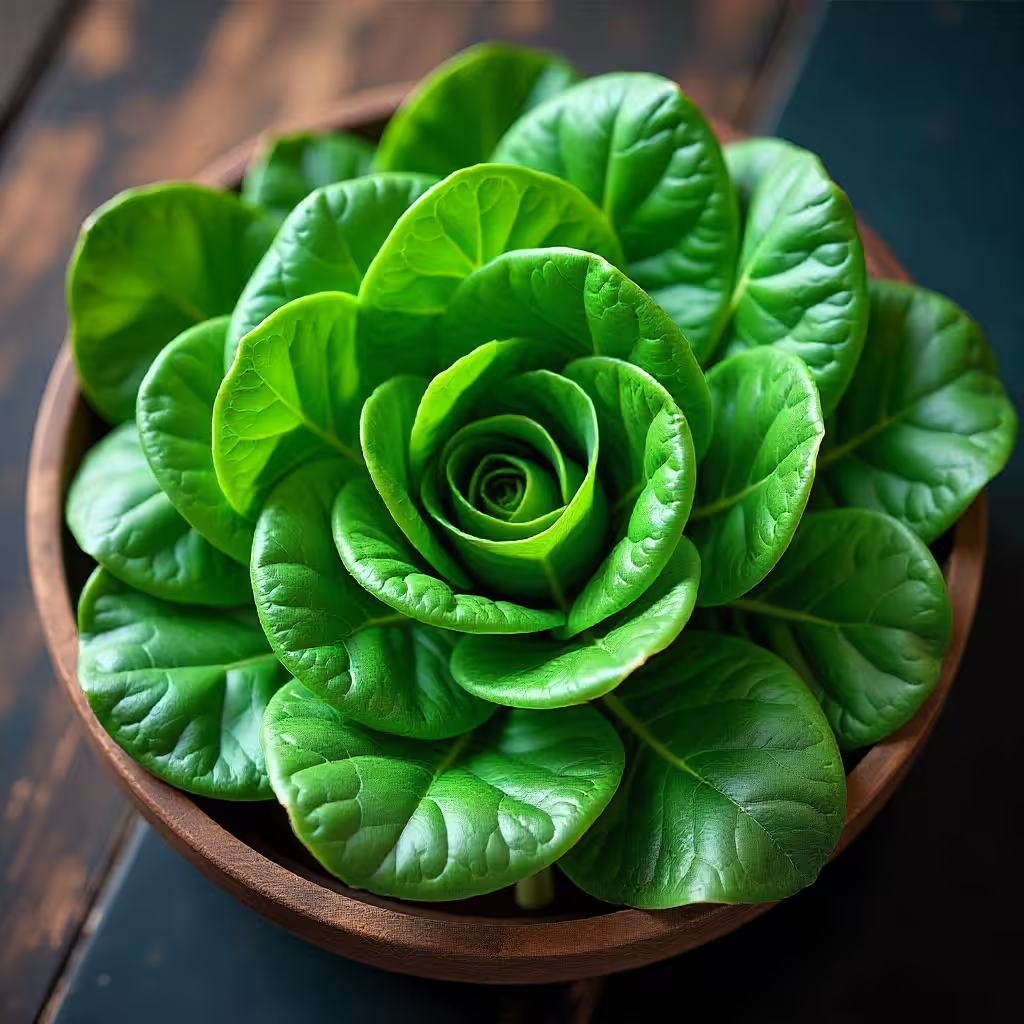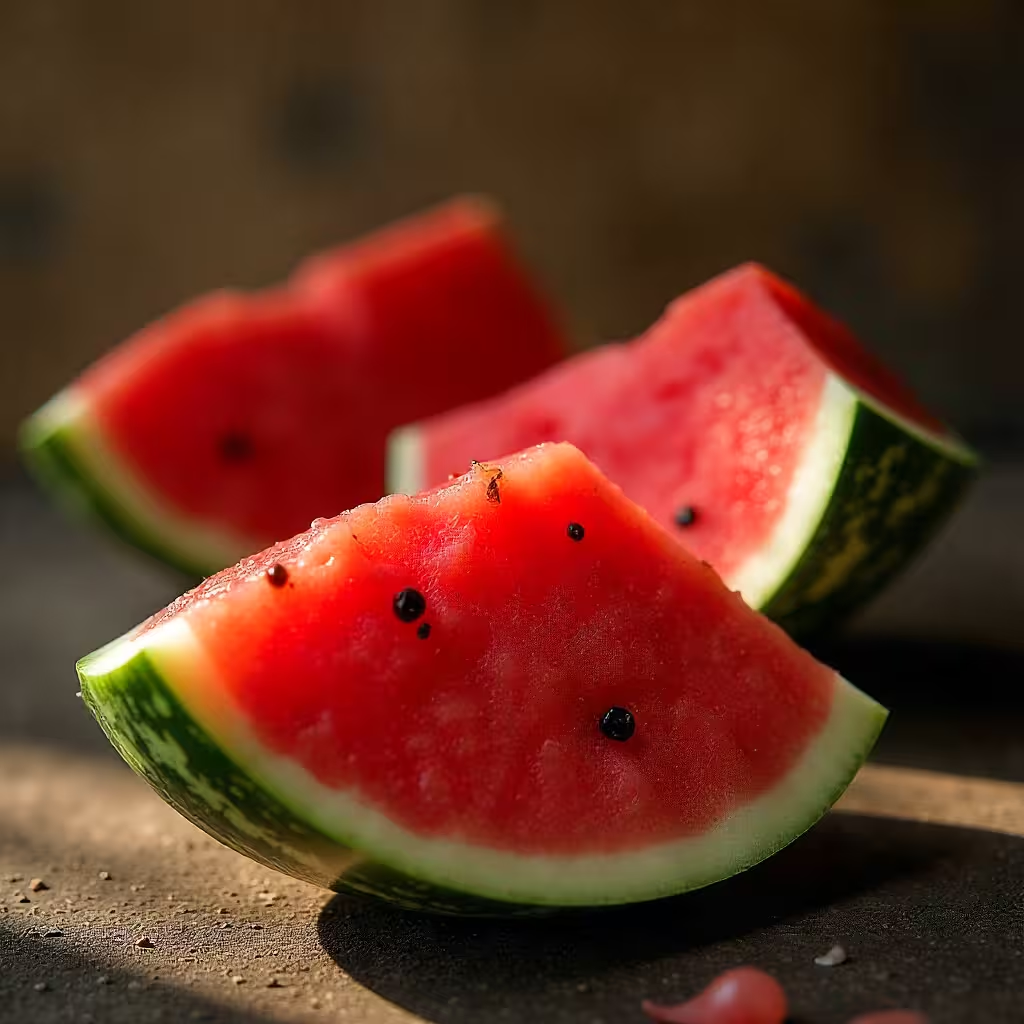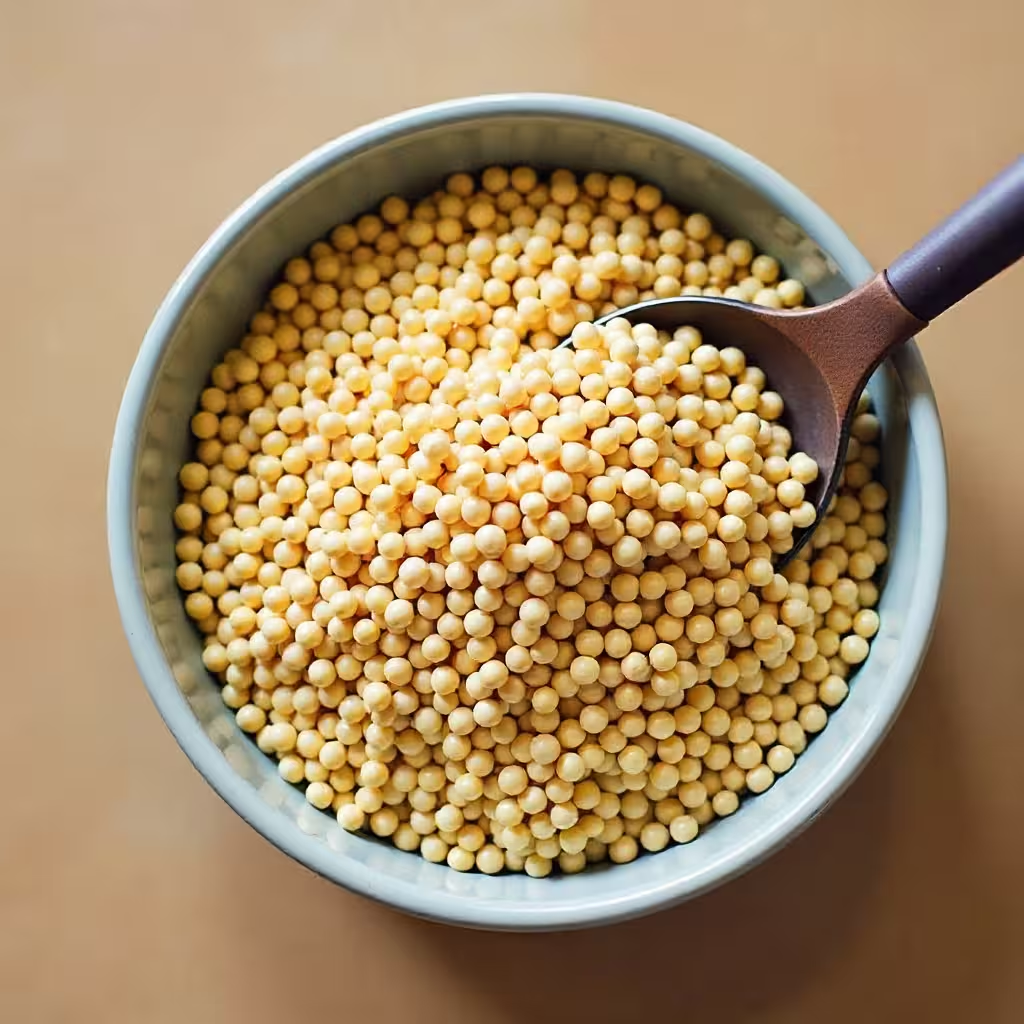Watermelon: Hidden Benefits for Hydrated, Youthful Skin
Watermelon is often dismissed as just a refreshing summer treat with little nutritional value, but this couldn't be further from the truth when it comes to skin health and anti-aging benefits. Beneath that green rind lies a treasure trove of skin-loving compounds that work together to keep your complexion hydrated, protected, and youthful. With its vibrant red flesh packed with lycopene, amino acids, and vitamins, watermelon delivers a unique combination of nutrients that support your skin's structure while defending against the environmental stressors that accelerate aging. What makes watermelon particularly special is its extraordinarily high water content—about ninety-two percent—which means you're hydrating your body at a cellular level with every juicy bite, and this internal hydration translates directly to plumper, more supple skin. Unlike many anti-aging foods that take weeks to show results, watermelon's hydrating effects can be noticed within days, giving your skin that dewy, fresh appearance that makeup artists and beauty enthusiasts spend fortunes trying to achieve artificially.
How Watermelon's Lycopene Shields Your Skin from Premature Aging
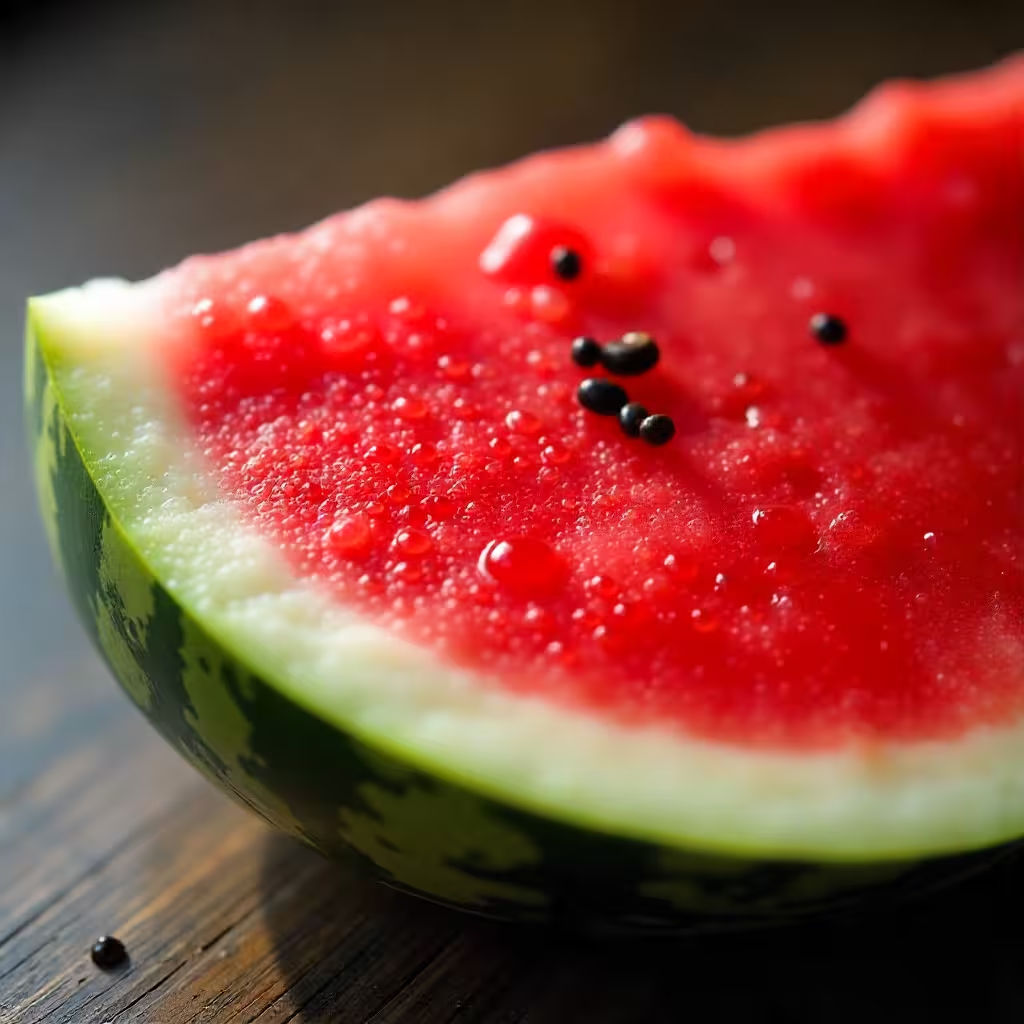
The brilliant red color of watermelon comes from lycopene, a carotenoid that ranks among the most powerful antioxidants found in nature. This compound is your skin's guardian against oxidative stress and sun damage, two of the primary culprits behind premature wrinkles, age spots, and loss of elasticity. When UV rays penetrate your skin, they generate reactive oxygen species that attack your cell membranes, DNA, and the structural proteins that keep your skin firm and smooth. Lycopene neutralizes these free radicals before they can cause lasting damage, essentially acting as an invisible shield that protects your skin from the inside out. Research has shown that people with higher levels of lycopene in their skin tissue experience less roughness and scaling, and their skin shows greater resilience against sun-induced aging. Interestingly, watermelon contains even more lycopene per serving than raw tomatoes, making it one of the most concentrated sources of this protective compound. The beauty of getting lycopene from watermelon is that it comes bundled with natural sugars and water that enhance its absorption, meaning your body can actually utilize more of this antioxidant compared to isolated supplements or less bioavailable food sources.
Watermelon's Citrulline Content and Its Role in Skin Circulation
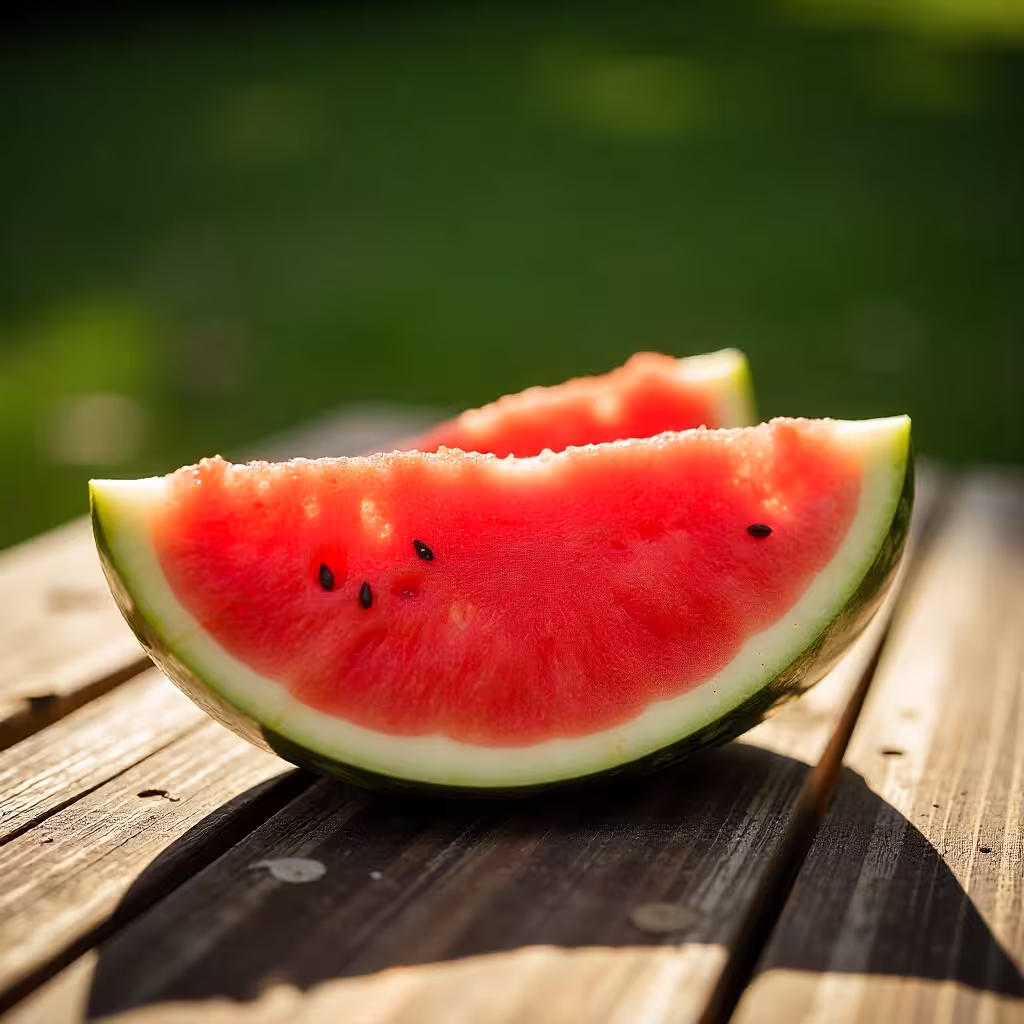
One of watermelon's best-kept secrets is its high concentration of an amino acid called citrulline, particularly abundant in the white rind that most people discard without a second thought. Citrulline plays a fascinating role in skin health through its conversion to arginine in your body, which then helps produce nitric oxide—a molecule that dilates blood vessels and improves circulation throughout your entire system, including the tiny capillaries that feed your skin. Better blood flow to your skin means your cells receive a more abundant supply of oxygen and essential nutrients while metabolic waste products are removed more efficiently. This enhanced circulation gives your complexion a natural, healthy glow that comes from well-nourished cells rather than external makeup. Improved circulation also accelerates your skin's healing processes, helping blemishes, irritation, and minor damage resolve faster. Additionally, the increased blood flow supports collagen synthesis because your fibroblasts need adequate oxygen and nutrients to produce these structural proteins effectively. Some people even report that regular watermelon consumption helps reduce puffiness and dark circles under their eyes, likely due to this improved vascular function that prevents fluid accumulation and promotes better lymphatic drainage in delicate facial tissues.
Watermelon as a Natural Hydrator for Plump, Glowing Skin
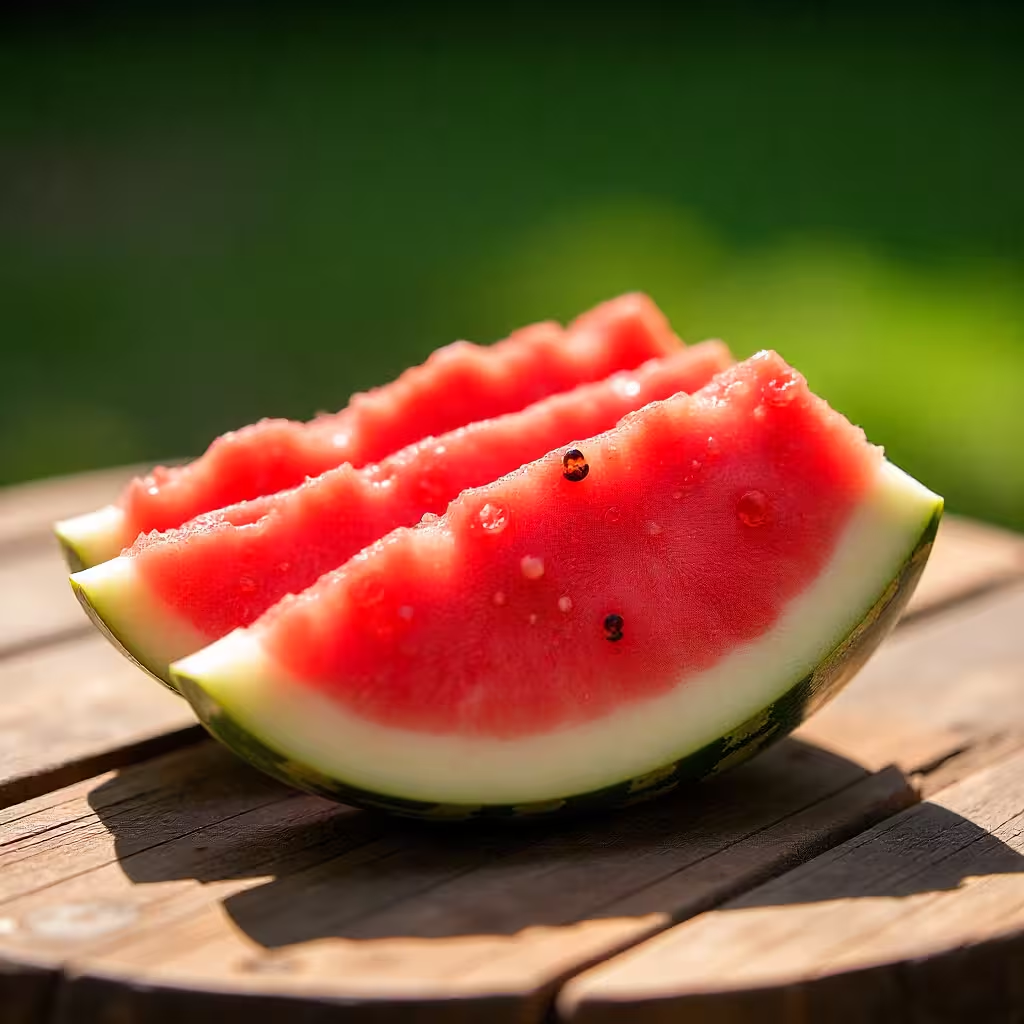
Dehydration is one of the most common yet overlooked factors that make skin appear dull, tired, and older than it actually is. When your body lacks sufficient water, your skin is one of the first places where this deficit becomes visible through increased fine lines, flakiness, and a loss of that youthful bounce and plumpness. Watermelon provides an exceptionally effective way to hydrate because it delivers water along with electrolytes like potassium and magnesium that help your cells actually retain that moisture rather than simply passing it through your system. This combination creates optimal hydration at the cellular level, which is crucial for maintaining your skin's volume and smooth texture. Well-hydrated skin cells are fuller and rounder, which naturally minimizes the appearance of fine lines and gives your face a lifted, more youthful contour. The natural sugars in watermelon also help draw water into your intestines more effectively, improving overall hydration status throughout your body. Beyond just water content, watermelon contains vitamin B6 and pantothenic acid that support your skin's natural moisture barrier, helping prevent the trans-epidermal water loss that leaves skin feeling tight and looking crepey as we age. Many people find that eating watermelon regularly, especially during warmer months or after exercise, helps their skin maintain a dewy, luminous quality that no highlighter can truly replicate.
Watermelon's Vitamin C and A for Collagen Production and Cell Renewal
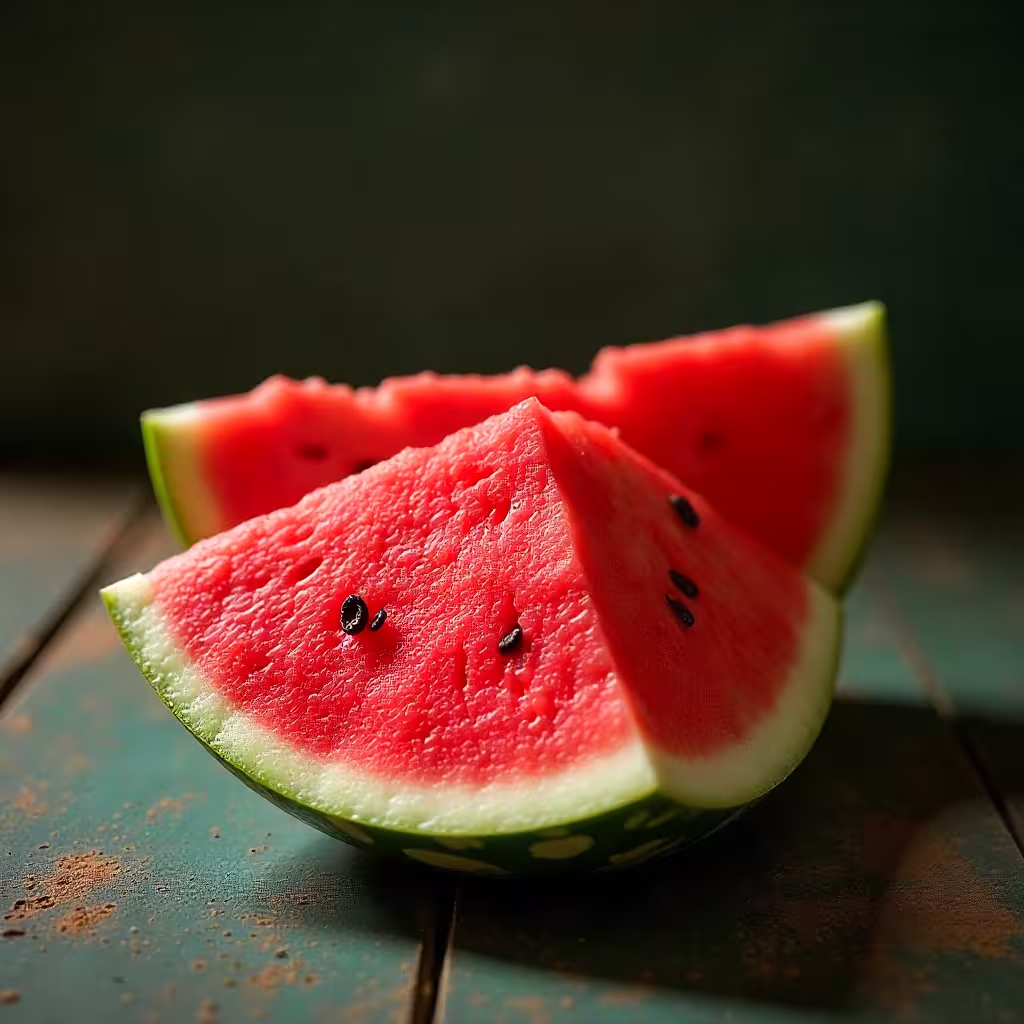
While watermelon might not be the first fruit that comes to mind when thinking about vitamin C, it actually provides a meaningful amount of this crucial nutrient that your skin absolutely needs for collagen synthesis and repair. A generous serving of watermelon delivers roughly twenty-five percent of your daily vitamin C requirement, and this comes packaged with water and other nutrients that enhance its utilization by your body. Vitamin C acts as an essential cofactor in the enzymatic process that builds collagen fibers, meaning without adequate vitamin C, your body simply cannot produce the structural support your skin needs to remain firm and resilient. What makes watermelon's vitamin C particularly valuable is that it's delivered in a whole food matrix with natural sugars that slow absorption, providing a steady supply to your skin cells rather than a quick spike that gets rapidly excreted. Watermelon also contains vitamin A in the form of beta-carotene, which your body converts as needed to support skin cell turnover and regeneration. This vitamin encourages your skin to shed old, dull cells more efficiently and replace them with fresh, healthy ones, keeping your complexion looking bright and even-toned. The combination of vitamins C and A working together helps maintain the delicate balance between collagen production, cell renewal, and protection against oxidative damage that characterizes youthful, healthy skin.
Best Ways to Enjoy Watermelon for Maximum Skin-Enhancing Benefits
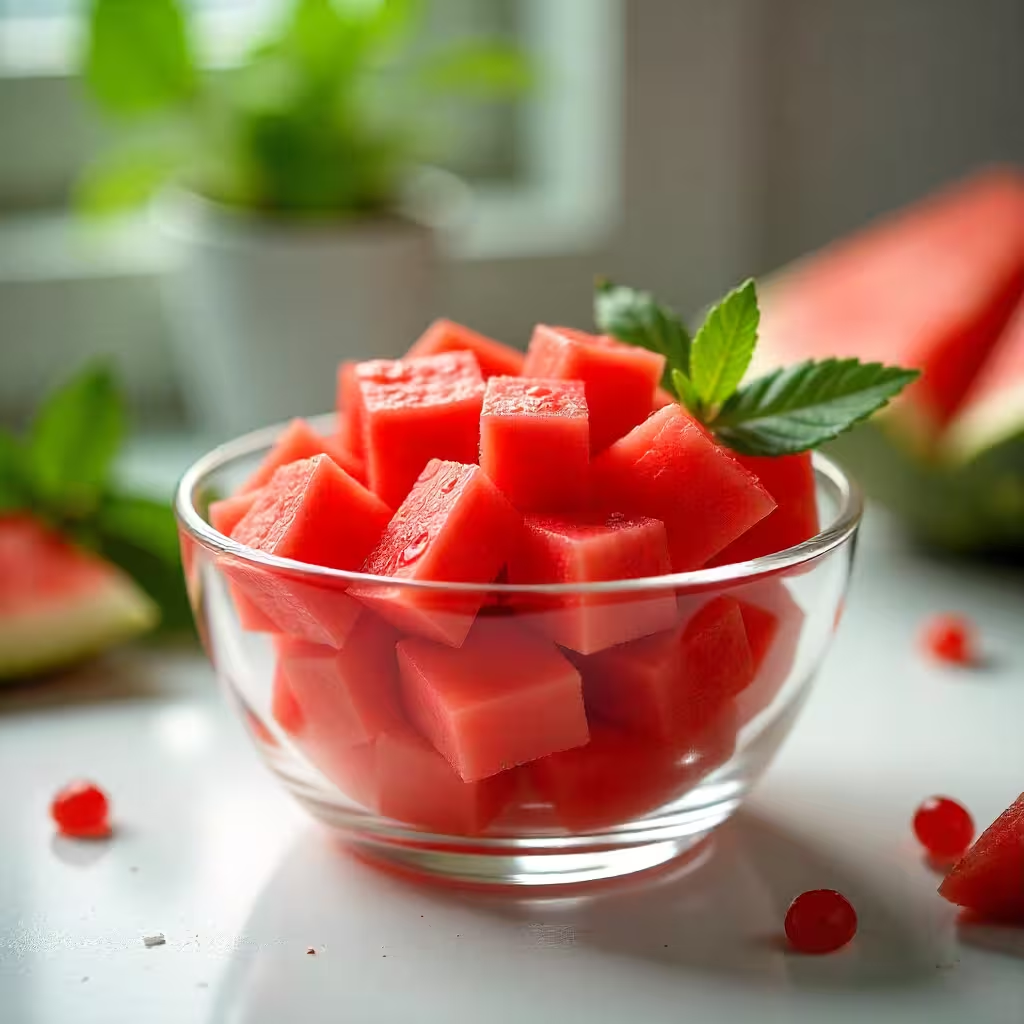
To truly harness watermelon's potential for beautiful, youthful skin, timing and preparation matter more than you might think. Fresh watermelon is best consumed during its peak season from May through September when the fruit is naturally sweetest and most nutrient-dense. Choose watermelons that feel heavy for their size with a creamy yellow spot on the bottom—this indicates the melon ripened properly in the field rather than being picked prematurely. For optimal skin benefits, aim to eat two to three cups of fresh watermelon at least four times per week, preferably earlier in the day when your body's cellular repair processes are most active and can best utilize the nutrients. Don't discard the white rind; while it's less sweet, it contains the highest concentration of citrulline and can be blended into smoothies, pickled, or lightly sautéed for a unique side dish. You can also freeze watermelon chunks to blend into refreshing slushies or add to infused water for an extra hydration boost throughout the day. For enhanced absorption of lycopene, consider pairing watermelon with a small amount of healthy fat—a handful of nuts, some avocado, or a drizzle of olive oil helps your body absorb this fat-soluble antioxidant more effectively. Most people begin noticing improved skin hydration within just a few days of regular watermelon consumption, with more significant anti-aging effects like improved texture, reduced fine lines, and enhanced radiance becoming apparent after consistent intake over several weeks as your skin's cellular health optimizes.


